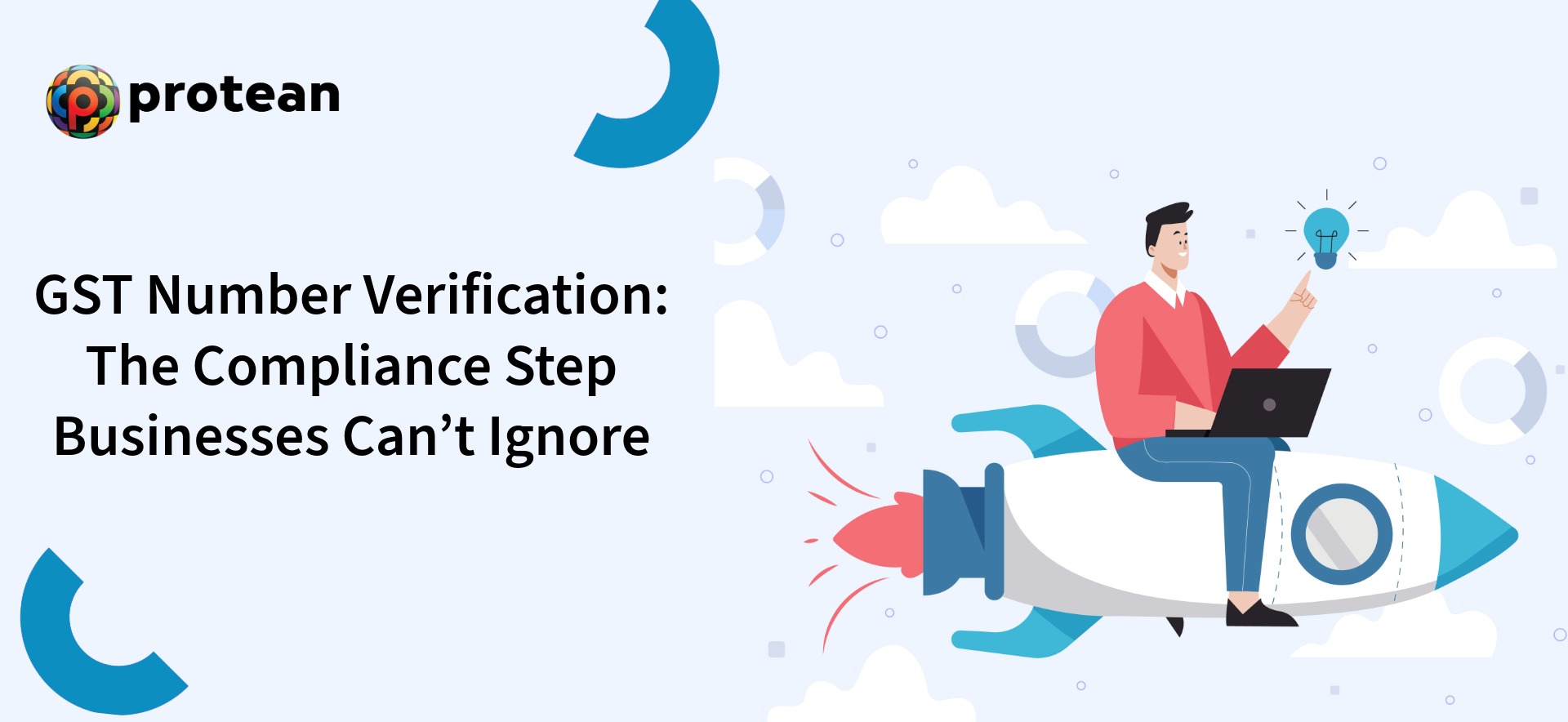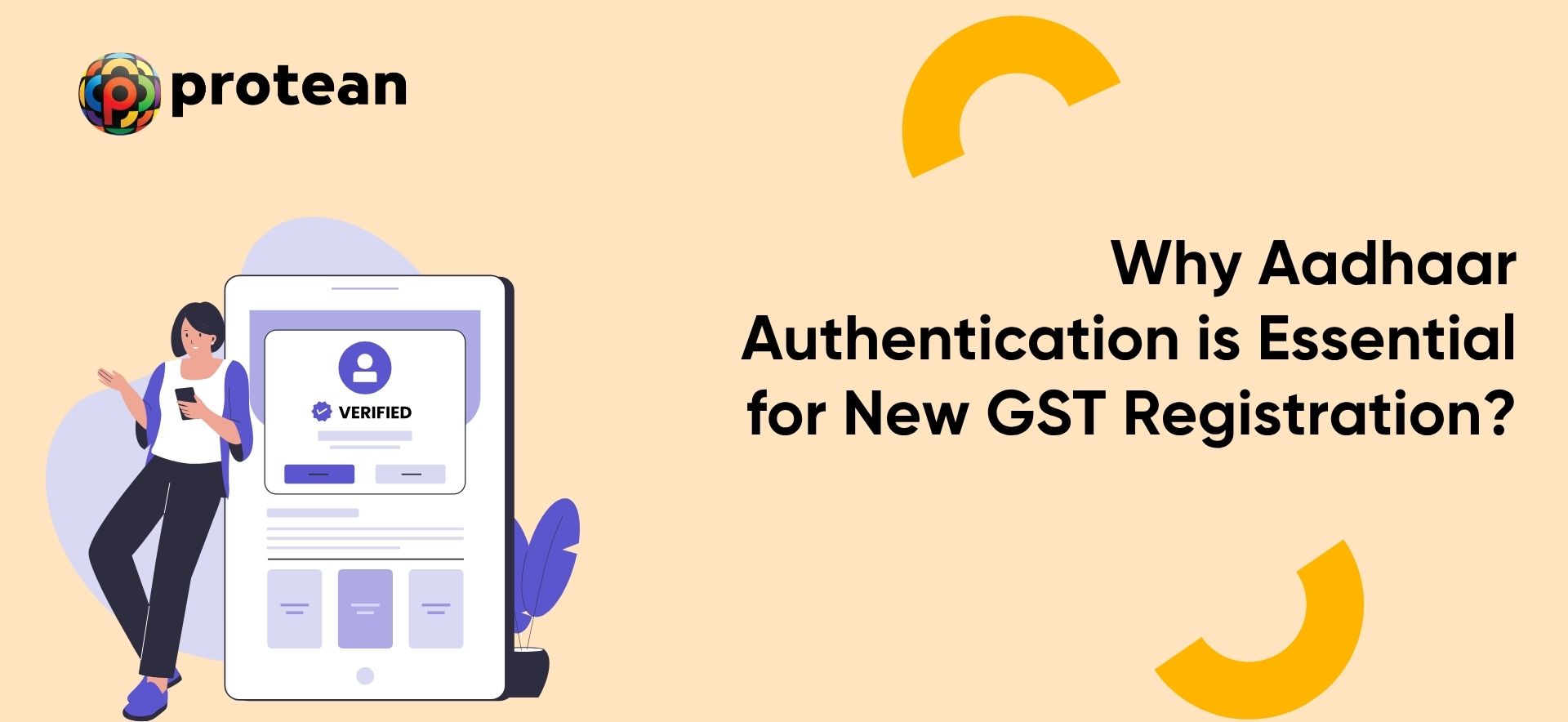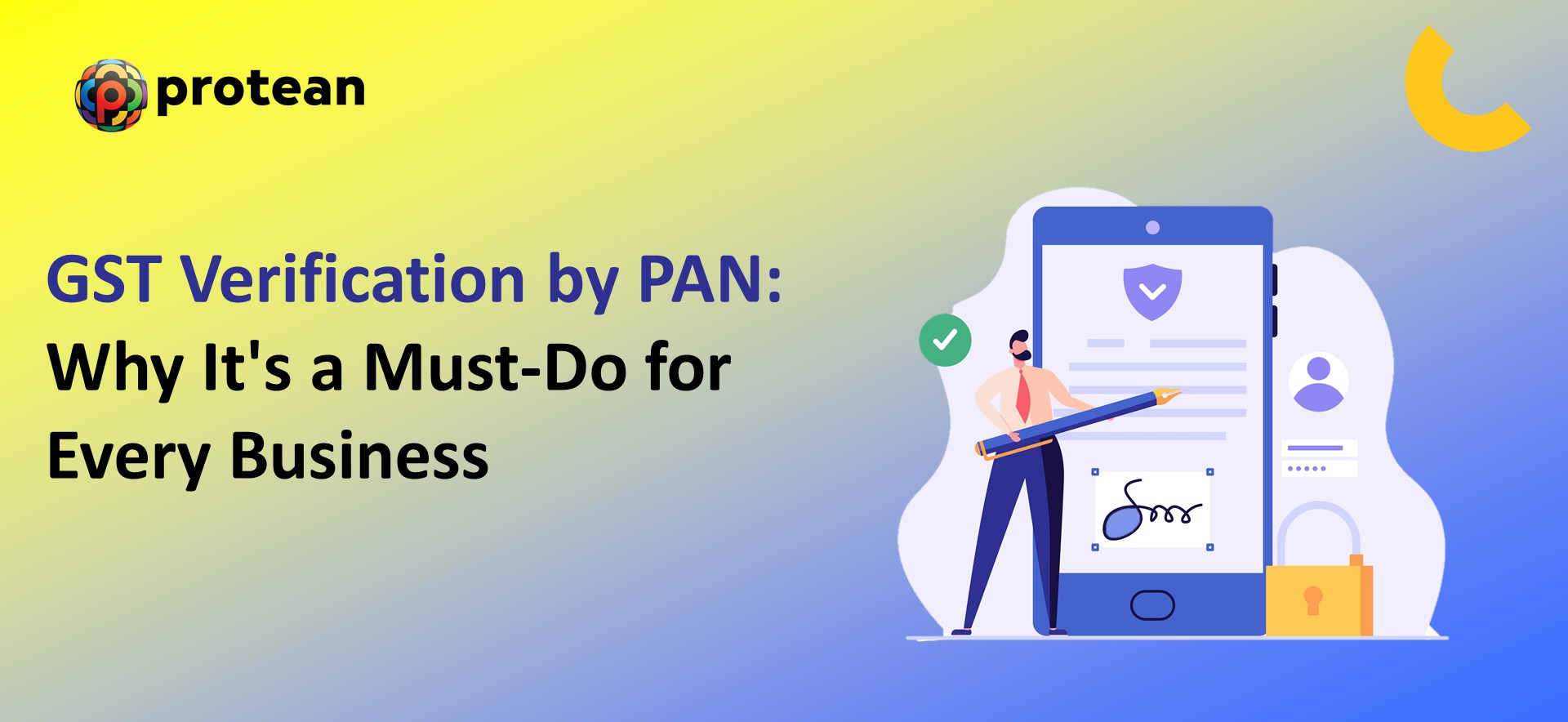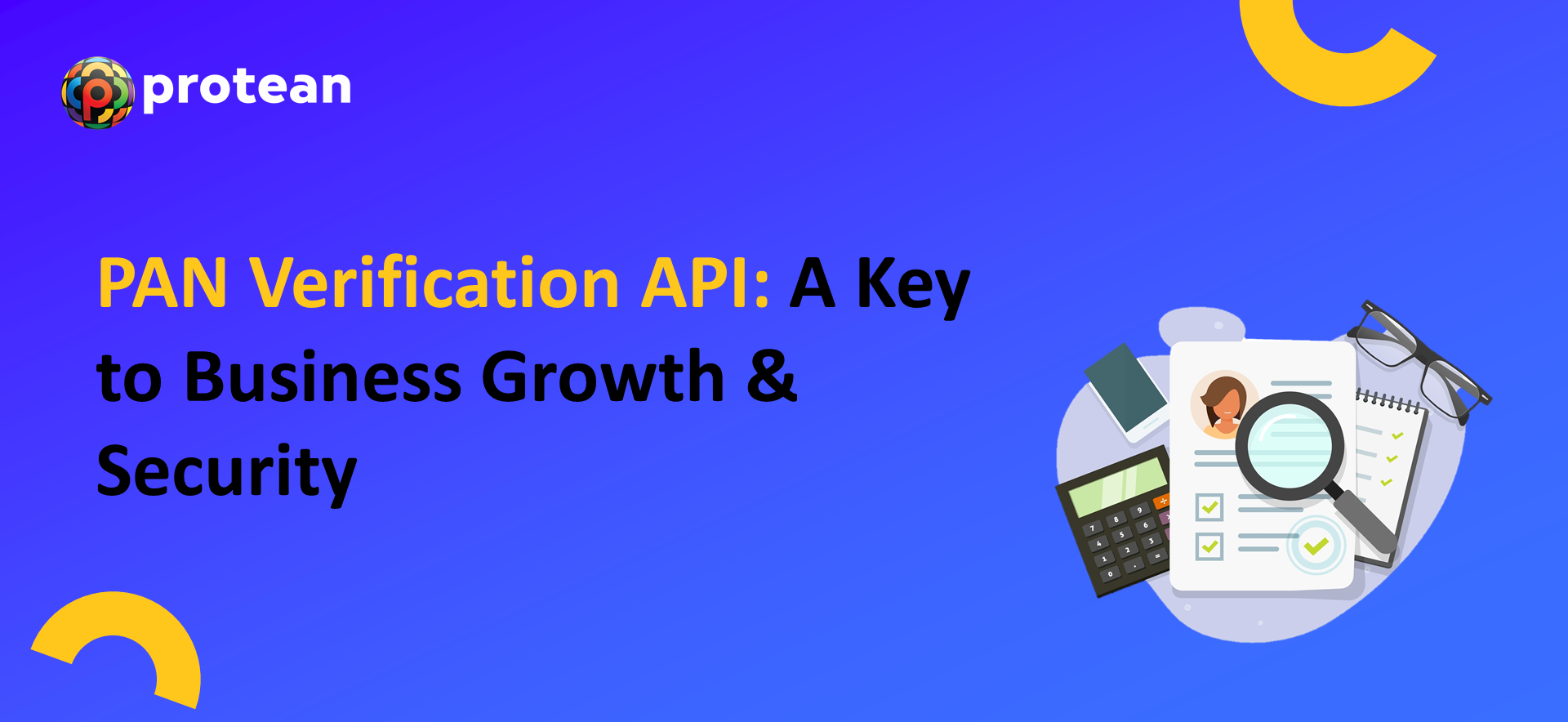Blogs
Why Every Business Should Do GST Number Verification Before Payment
How significant is GST number verification for businesses before making a payment.
Invoices are a fundamental element of business transactions.
So far, they carry an underlying risk in the form of fraudulent or invalid GST numbers. Such lapses, though they may appear minor, can result in significant consequences including forbidden input tax credits, disruption of cash flows, denial of legitimate deductions, and potential regulatory scrutiny.
In the context of ongoing GST reforms and strengthened enforcement measures, it is imperative for businesses to ensure the authenticity of every GST number. Incorporating a simple verification step, often overlooked, can safeguard organisations against financial and legal exposure while ensuring seamless compliance.
What Is GST Number Verification?
GST Number Verification, also referred to as GSTIN verification, is the process of confirming the authenticity and validity of a taxpayer’s Goods and Services Tax Identification Number which is the 15-digit alphanumeric code assigned to every GST-registered entity.
Verification involves entering the GSTIN into the official GST portal or through trusted third-party tools, which return key details like legal name, registration status, business type, and registration date. This ensures that the GSTIN presented on an invoice is legitimate and corresponds accurately to the entity in question.
Why Every Business Must Verify GST Numbers: Crucial Reasons
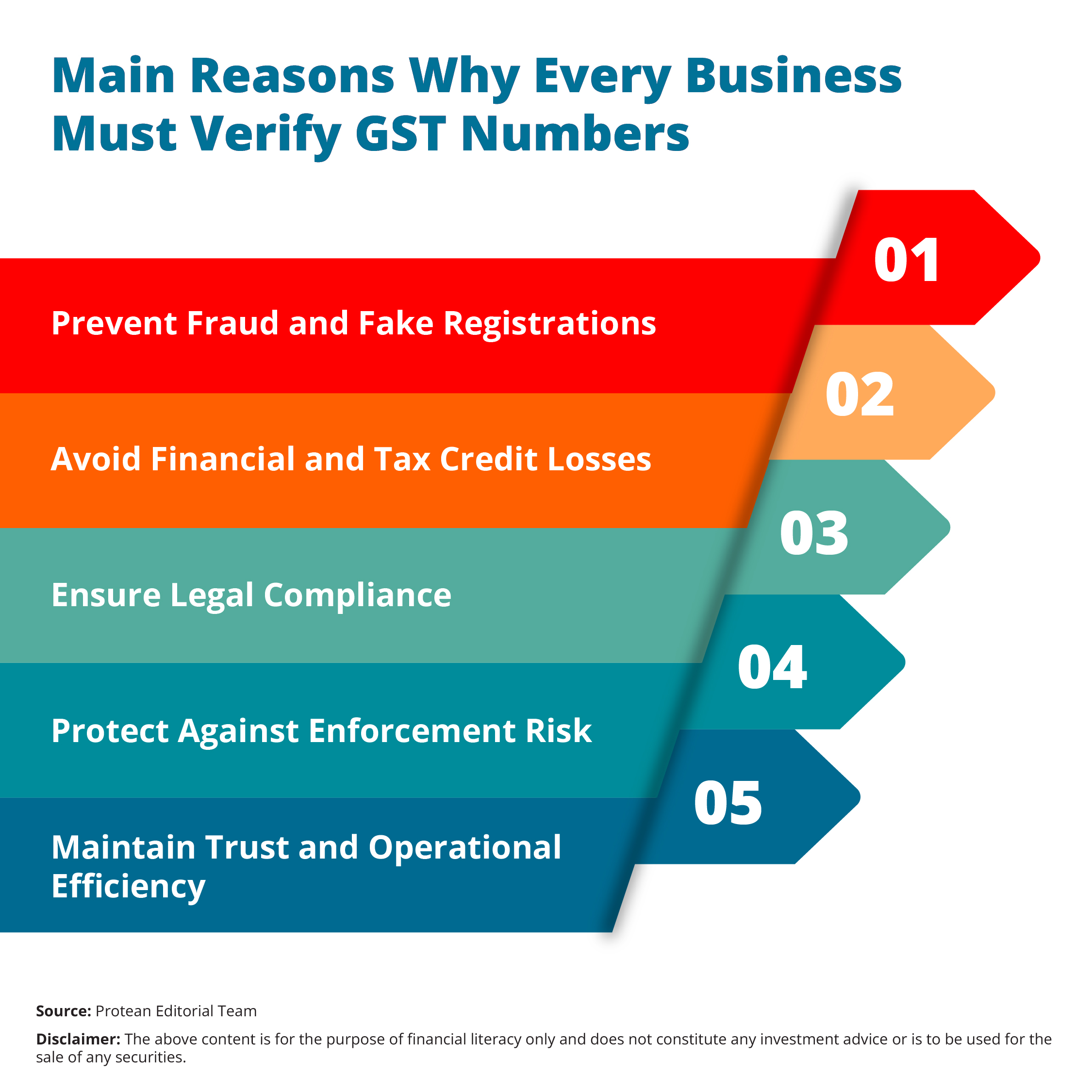
Here are some of the important reasons for GST number verification before payment:
Prevent Fraud and Fake Registrations
GST-related fraud remains a serious concern. For instance, Gujarat witnessed fake billing transactions leading to losses of ₹34,310 crore over 4.5 years. Nationwide, roughly 5,700 cases involving fraudulent invoices have amounted to ₹40,000 crore. Without verification, businesses unwittingly become part of such schemes, risking reputational and financial damage.
Avoid Financial and Tax Credit Losses
Claiming input tax credit (ITC) based on invoices with invalid or bogus GST numbers can result in blocked credit, tax notices, and denied refunds. Robust verification safeguards against these vulnerabilities, ensuring only genuine credits are processed.
Ensure Legal Compliance
Authorities are intensifying oversight. Telangana is launching stricter scrutiny. They plan to target entities with turnovers over ₹10 crore. They might be using data analytics and inspections to curb ITC scams exceeding ₹3,000 crore.
Indore’s CGST department alone canceled 100 fake registrations in six months, mainly detected via algorithm-based flags and physical verification.
These actions underscore the government’s zero-tolerance approach toward GST non-compliance.
Protect Against Enforcement Risk
Enforcement is ramping up. In Bengaluru, UPI transaction data helped identify 14,000 traders avoiding mandatory GST registration, triggering notices and potential retroactive liabilities.
In response, Karnataka launched its “Know GST” campaign to ease uncertainty among small traders.
These developments underscore that GST compliance is under intense scrutiny and emphasise the importance of proactive verification.
Maintain Trust and Operational Efficiency
A verified GST number builds transactional trust, streamlines invoicing and reconciliation, and removes bottlenecks during audits or due diligence.
In an environment of fast-tracked GST reform including proposals to cut rate slabs and simplify tax structure businesses must demonstrate transparency and accuracy in every transaction.
What Information to Check During GST Verification
When conducting GST Number Verification, businesses should check the following:
GSTIN Validity and Format
Confirm the GSTIN is 15 characters long and properly structured: state code, PAN, registration sequence, ‘Z’, and a valid check digit.
Registration Status and Date
Verify whether the GSTIN is active and the registration date details to ensure the entity is currently valid.
Legal Name and Address
The name and address returned via the portal or verification tool must match your records or the invoice.
Business Type and Constitution
Identify whether the entity is a regular taxpayer, composition taxpayer, SEZ unit, etc., critical information for ITC eligibility.
Input Tax Credit (ITC) Filings
Where available, review timely tax filings and return submissions. Persistent lapses or a history of filing irregularities could signal deeper compliance risks.
Any Recent Changes or Suspensions
Some GST numbers may have been suspended or flagged due to investigations or cancellations (e.g., Indore case).
Businesses can establish a reliable baseline for payment processing and tax treatment, by verifying these elements.
Conclusion
Today’s rapidly evolving tax regime is marked by structural reforms, data-driven enforcement, and rising instances of GST-related fraud. Here, GST number verification has become a foundational safeguard that protects businesses from input credit loss, legal exposure, and operational disruptions.
A single skipped verification might invite scrutiny or financial setbacks. Conversely, a simple, methodical check fosters confidence, streamlines compliance, and promotes healthy business practices.
Protean eGov Technologies Ltd., an authorised GST Suvidha Provider (GSP) can offer seamless API integration for GST, e-Way Bill, and e-Invoicing compliance. Get in touch now!
Frequently Asked Questions
Q1. Is GST number verification mandatory before making payment?
While not legislatively mandated, many businesses adopt it as part of their internal controls to avoid credit claims on invalid GSTINs and mitigate fraud risk.
Q2. How often should businesses perform GST verification?
Ideally, every time prior to accepting an invoice or making payment, particularly when onboarding new vendors or receiving revised GST registrations.
Q3. Can a GST number become invalid after initial verification?
Yes. Registrations can be canceled, suspended, or amended. It’s best to verify periodically, not just once, to ensure continued compliance.
Q4. What if the GSTIN fails verification?
Pause the payment process, seek clarification from the supplier, and request rectification or confirm with the GST portal. It may prevent downstream complications like denied credits or audits.

